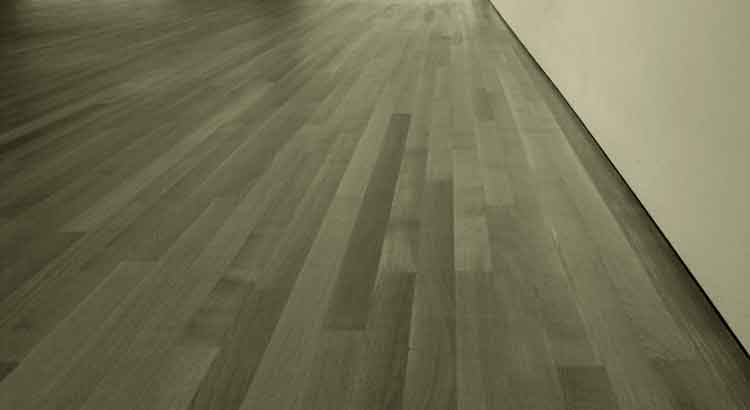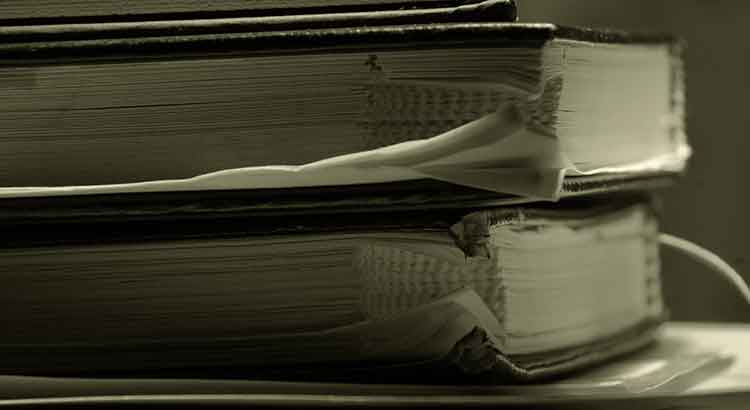Nietzsche said somewhere that mastery in an occupation is conditioned to the individual’s starting point, more specifically, to how much he receives as a legacy. So for the son desirous of eminence, it is recommended that he follow in his father’s footsteps. There is a good deal of truth in this; but, as always, the exceptions are more curious than the rule. What a wonderful sense of the irony of fate in placing a Nietzsche as the son of a Protestant pastor! and a Cioran, growing up the son of a priest! From these and other examples we note that eminence, besides the enhancement of the legacy, also accepts violent rupture as a starting point.
Tag: writing
The Writer Can Sleep Even on the Floor…
It was Faulkner, I think, who said that the writer can sleep even on the floor, but needs a decent place to work. The idea is interesting in many ways. First, it shows the need for seriousness in dealing with one’s work; otherwise, it is difficult to do anything of value. Having a “decent” place to work, even if there are no decent conditions in the rest of life, is a proof of priority, of respect for one’s occupation. Psychologically, it is to know that there is the most important moment of the day, the moment for which the routine is shaped and efforts must converge. With this, several problems are overcome. There is another noteworthy aspect: the comfort of a “decent” place confronted with the “sleeping on the floor” is satisfaction for someone who, used to inadequate conditions, settles down in a propitious and stimulating environment. A reasonable chair, a table, light, and silence; a set schedule and a commitment set in stone—thus, excuses arising from mental weakness are burnt away.
Gradations of Mental Manifestations
There are times when the idea is of little worth—but should be noted;—on further reflection, however, it is fair to discard it. At other times the idea seems weak, but later, re-examined with renewed breath, something valuable is drawn from it, and the weak is shown to be an important spark. Other times the mind manifests itself clearly, and the idea seems fair—from these the bulk of a work is extracted. And still other times, the mind manifests itself with such impetus that the artist, by restraining it, and not immediately focusing on what it tries to say, commits a crime against himself, and wastes what he can best extract from his mental manifestations. Attention and method are not enough; for the best use of the mind, is needed a disposition that goes against what is convenient.
Whoever Targets Big Enterprises, Has to Start With the Small Ones
Whoever targets big enterprises, has to start with the small ones. This is the only way to prepare for what one aims. Planning has this advantage: it shows the difficulties beforehand, and also points out the path to follow. In literature, the candidate novelist does well, first of all, to specialize in smaller, autonomous constructions that contain simplified dramatic arcs. Small units, direct themes, structural simplicity. In his head, the characteristic unpretentiousness of one who knows himself learning, who knows himself at the beginning of a long process. This is how, with time, arrives the skill in working with speed, in the representation of diverse states of mind, and in the impression of powerful dramatic effects. It comes after many tests, many failures, and many lessons. To prepare for big enterprises, it is wise to continually strive for the elimination of luck.



